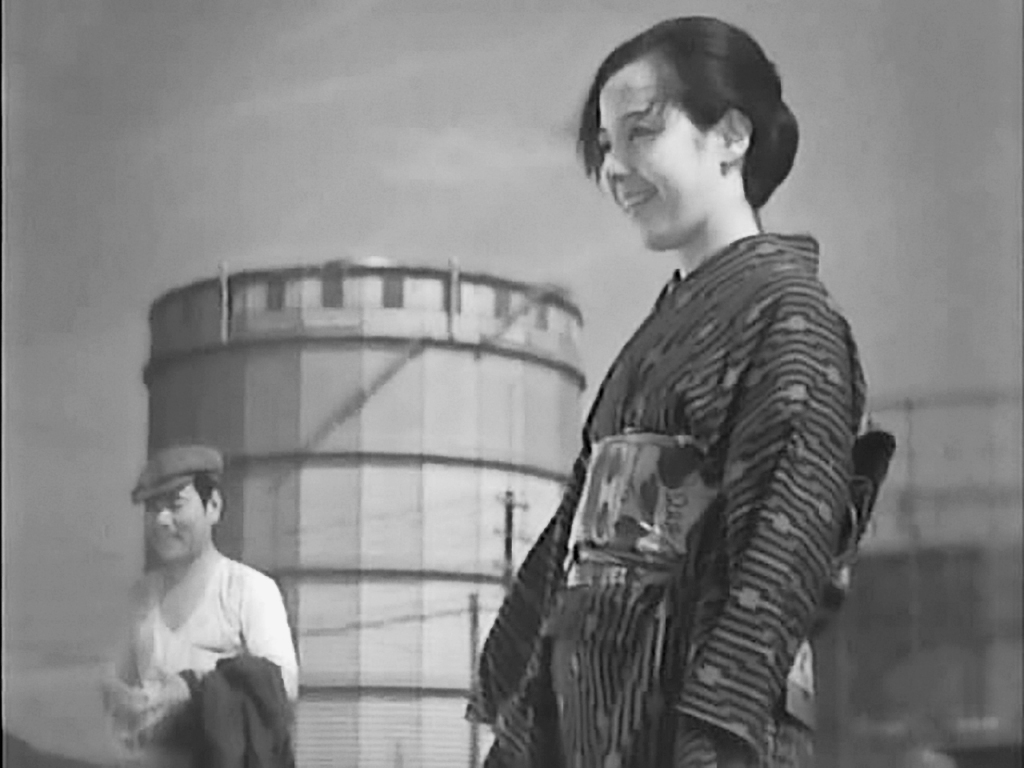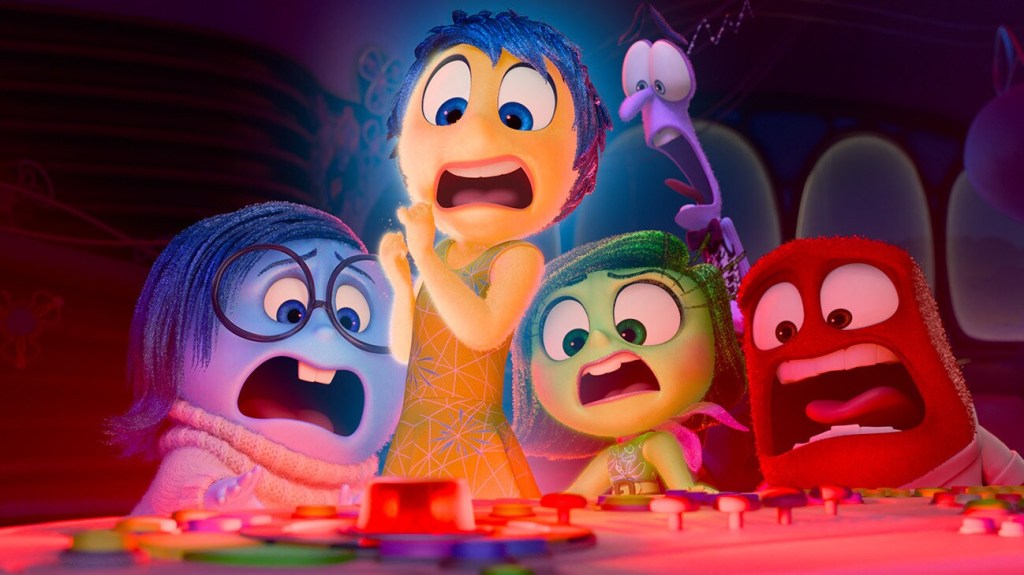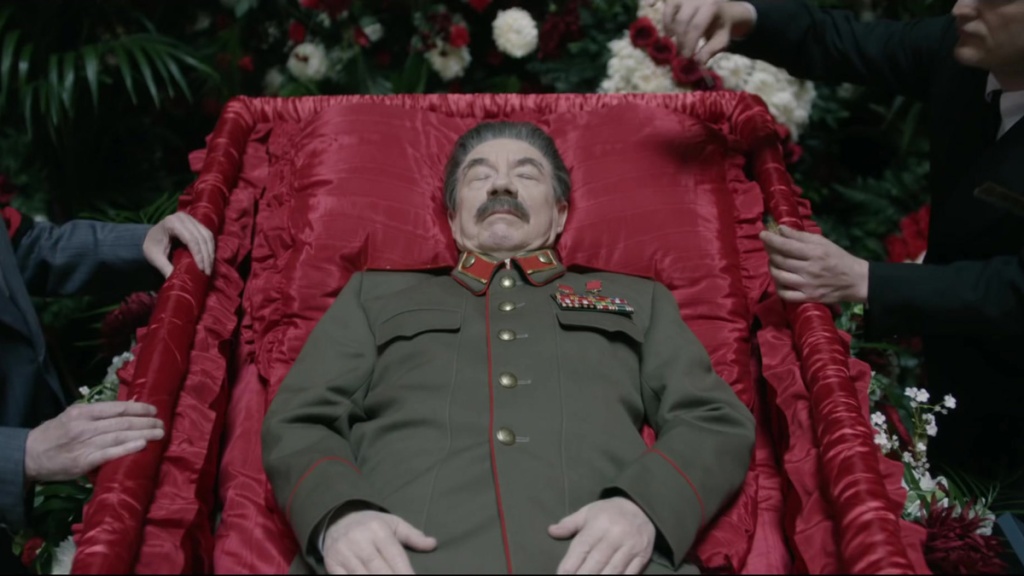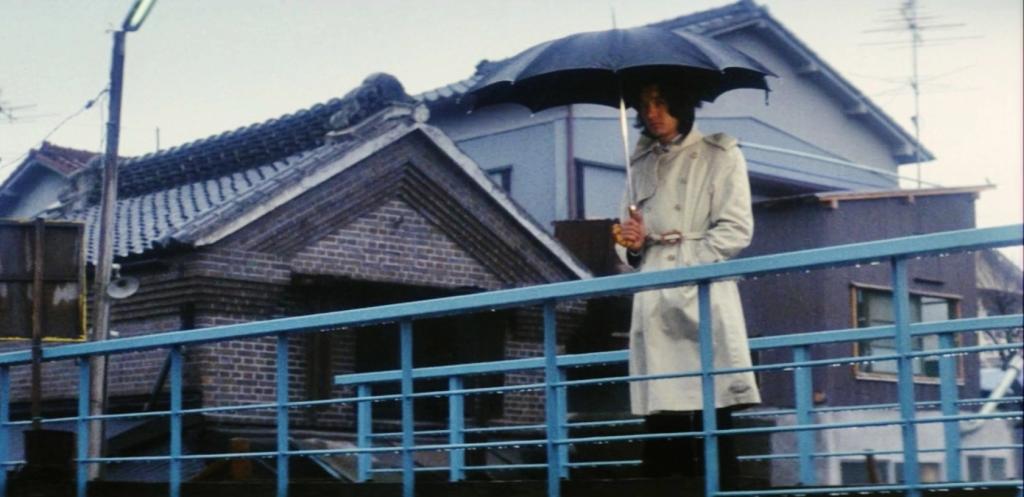 Carl Fitzgerald (Sam Neill) is a lifelong underachiever who takes a job as a chef in a Melbourne nightclub. There he meets and falls for bartender Sophie (Zoe Carides), and falls under the suspicious eye of club bouncer Laurie (Boris Brkic). When a drug-dealing co-worker is killed with Carl’s unwilling involvement, his attempts to avoid scrutiny wind up sparking off a criminal turf war between the Greek and Turkish communities.
Carl Fitzgerald (Sam Neill) is a lifelong underachiever who takes a job as a chef in a Melbourne nightclub. There he meets and falls for bartender Sophie (Zoe Carides), and falls under the suspicious eye of club bouncer Laurie (Boris Brkic). When a drug-dealing co-worker is killed with Carl’s unwilling involvement, his attempts to avoid scrutiny wind up sparking off a criminal turf war between the Greek and Turkish communities.
Death in Brunswick, from director John Ruane, is something of a cult classic here in Australia. It is specifically favoured in Melbourne, where its setting in the city’s inner north brings with it a specific cultural and geographic fidelity. Move anywhere close to Brunswick, as I did nine years ago, and you will soon have multiple friends and acquaintances asking if you have seen the film yet. It feels rather like a rite of passage: put simply, you do not properly know Brunswick until you have seen the film.
It captures Sam Neill at a critical phase in his career. While made in 1990, Death in Brunswick did not open in Australia until April 1991. This was just over a year after he had played Vasily Borodin in John McTiernan’s international hit The Hunt for Red October, and two years later he would star in both Jane Campion’s critical smash The Piano and Steven Spielberg’s blockbuster Jurassic Park. He appears in Death in Brunswick in a somewhat transitional phase: not quite a major film star, but not a simple working actor either. He gives a very relaxed performance here, sinking into his character with enormous grace and charm. He is partnered well with comedic writer and actor John Clarke – a fellow New Zealander – as best friend and professional grave digger Dave. Together they present a wonderfully relaxed tone. The film may involve matters of life and death, but it involves them in a very relaxed and understated way.
It is a pitch-perfect black comedy. Whether it involves gang violence, drug deals, accidental murders, or body disposal, Carl’s predicaments develop in a deadpan manner. The European ethnic make-up of Melbourne’s inner north is exploited in creating the film’s antagonists – caricatures of the Greek and Turkish communities that are immediately recognisable to the film’s home crowd, but which admittedly feel a little too on the nose today. To use bluntly accusatory terms like racism would be to over-state the impact, but it does feel just a little dated and awkward in a 21st century light. Some of the film’s later moments – particularly between Carl and his domineering mother – get particularly bleak, and threaten to stretch the comedy to breaking point. It’s a testament to the cast, and director John Ruane, that it never truly does break.
Zoe Carides makes for a bright love interest, but her role is arguably limited. Yvonne Lawley does a wonderful bullying mother. A real highlight is Boris Brkic as nightclub bouncer Laurie: an instantly recognisable thug, boasting an excess of rage and a distinct lack of smarts. He manages to feel amusing, and remain a genuinely threatening villain. This was his first and highest-profile role, but he’s continued to appear in film and television ever since.





Leave a comment